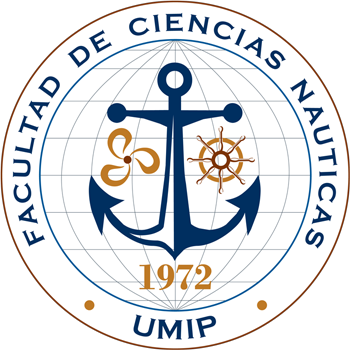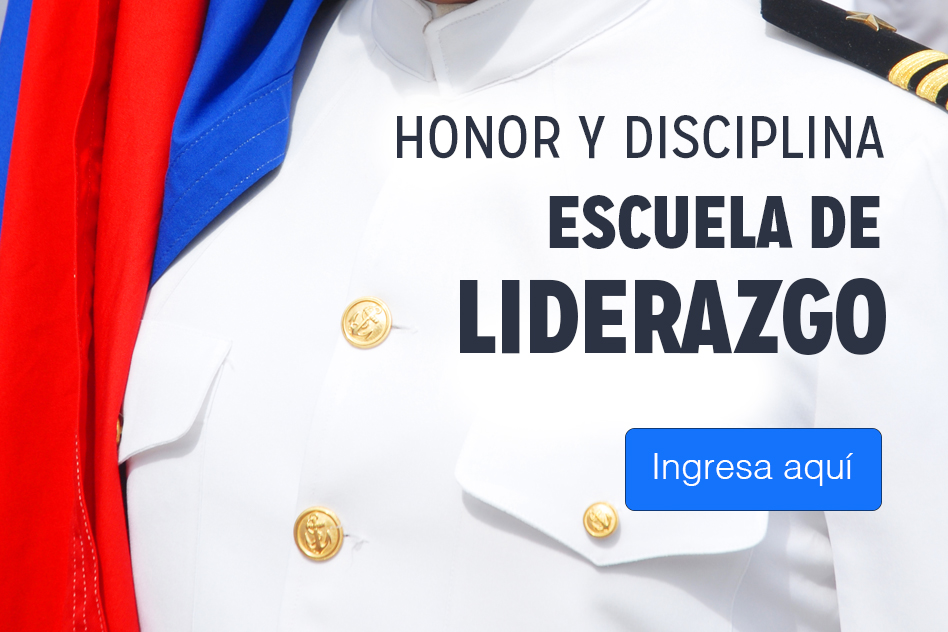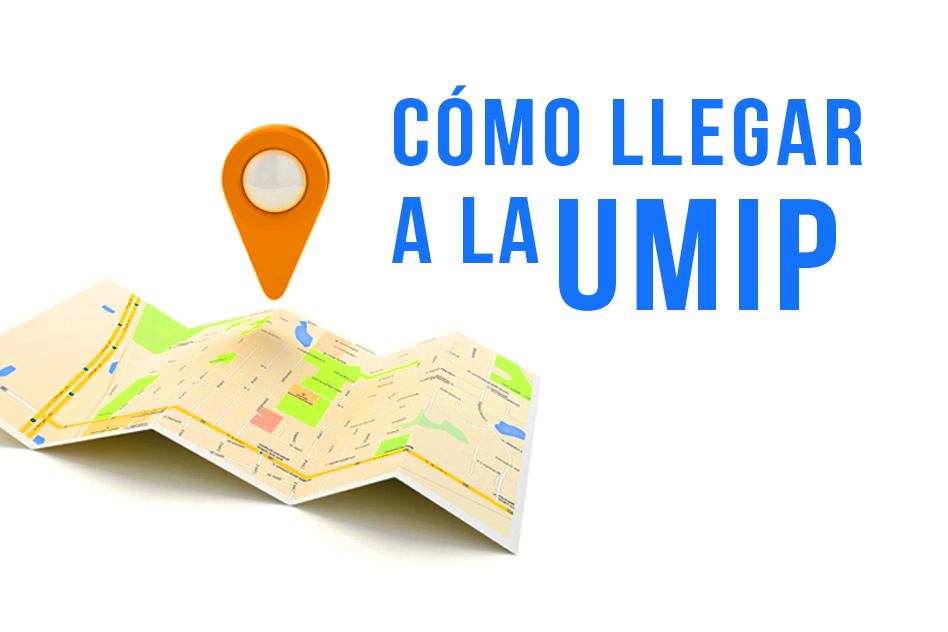The School of Nautical Sciences prepares students with high standards of professionalism in response to the expectations of the international maritime industry. Our programs offer an academic, technical, and practical preparation that complies with the International Convention on Standards of Training, Certification and Guard of Seafarers. We strive to prepare future merchant marine officers capable of assuming operational, administrative and leadership responsibilities on board ships. It is through a Leadership System, that we inculcate values and competencies in our cadets to prepare them for these tasks. The graduates of the International Maritime University of Panama (UMIP) have a high level of professionalism, and to some extent, exceeding the requirements of the maritime industry today. The UMIP supports these men and women; young professionals, who have committed to a career at sea, with a solid education, based on the requirements of the Norms of Training, Qualification and Guard of Seafarers, focusing on values, skills, and academic competences and of leadership.
OBJECTIVES
To train professionals capable of carrying out operational and administrative tasks on board ships and naval factories, by providing them with the necessary tools and elements that guarantee efficient and safe work.
Create and model professionals committed to compliance with international and national standards on the safety of human life at sea and the protection of the environment.
Encourage the development of professionals willing to promote the continuous improvement of their environment, with a high sense of social responsibility.
DEGREE IN NAUTICAL ENGINEERING IN NAVIGATION
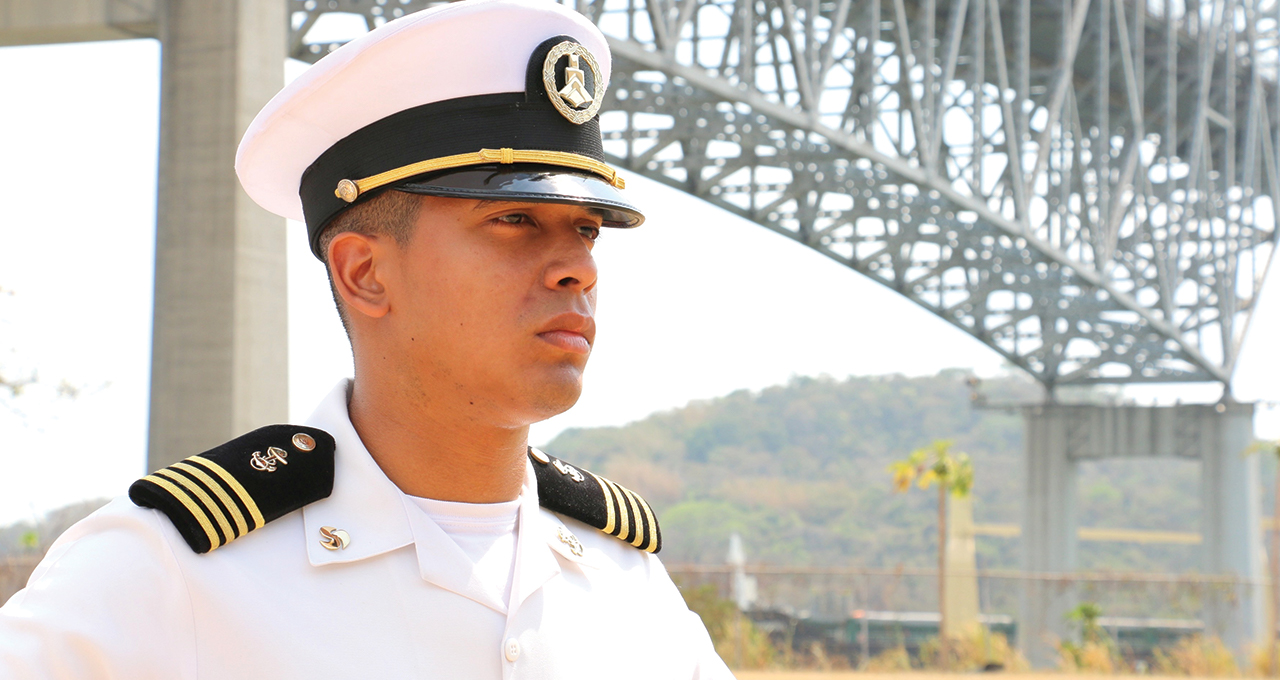
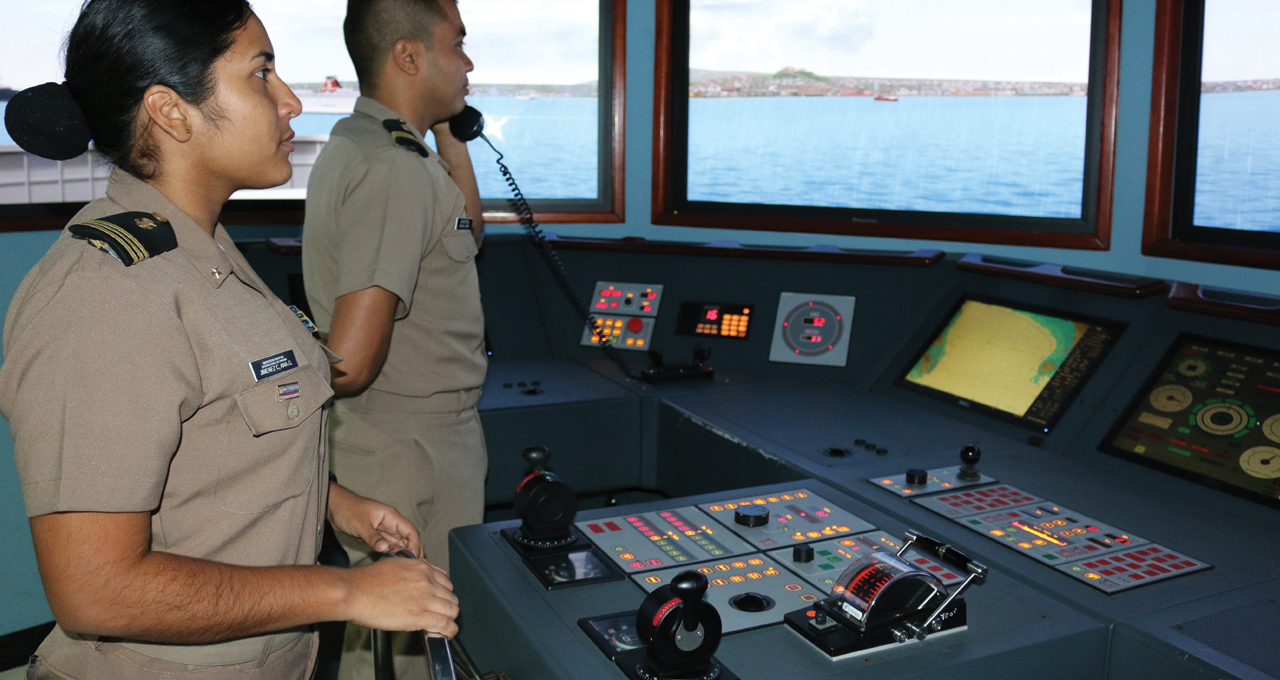
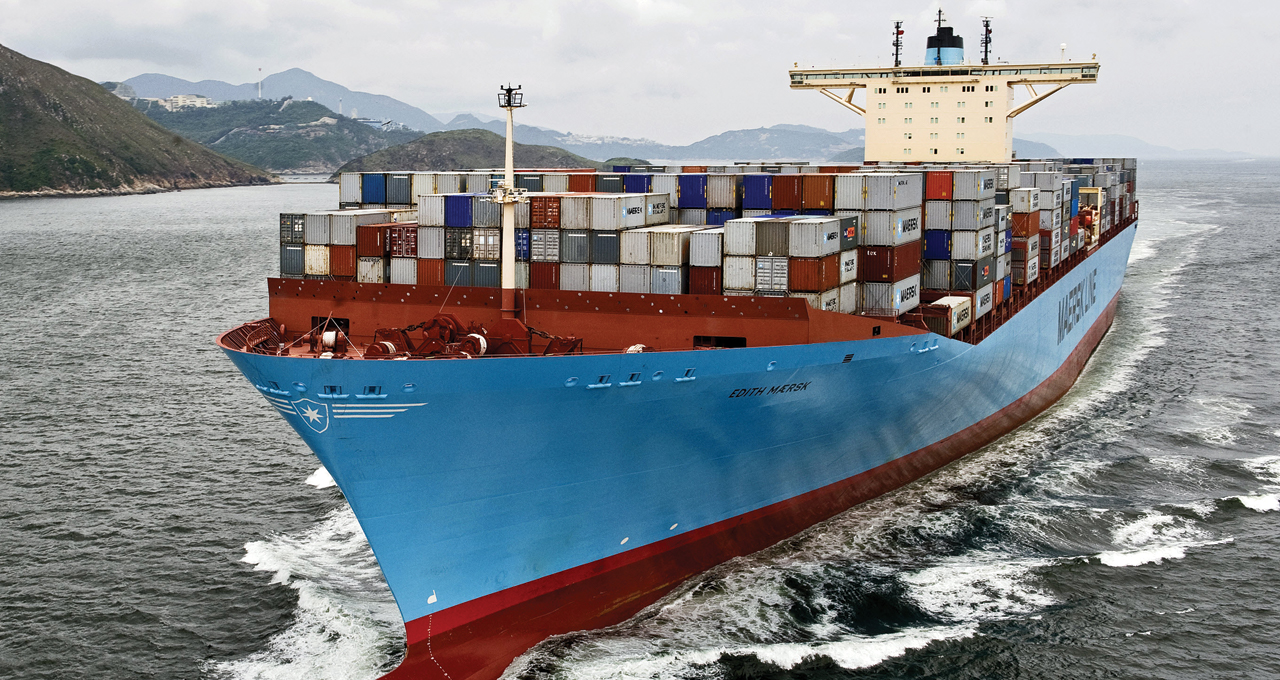
Description
The Bachelor of Nautical Engineering in Navigation, known as the specialty of Cover forms professionals able to maneuver ships, prepare stability plans, loading and unloading operations, as well as general services on board, to navigate from the ports of production to the ports of consumption, carry out loading and unloading operations, comply with international safety standards to safeguard human life at sea, protect the marine environment and prevent pollution.
This degree prepares students for a career as navigation officers on board Merchant Ships, as well as, easily allows them to hold positions in maritime companies related to cargo logistics, both on the operational and administrative side.
The students receive intensive theoretical and practical education, which includes coastal, astronomical, esteem and electronic navigation, shipbuilding and theory of the ship, regulations and signals to prevent collisions, meteorology, maritime communications, ship maneuvers, among others that complement their training.
In addition, they receive training in our cover simulators such as: Full View 240º Bridge Simulator, SMSSM Simulator for maritime communications, ARPA / RADAR Simulator and a Liquid Load Simulator that simulates a VLCC, electronic charts, and laboratories, which they contribute to the strengthening of competences.
Objective
Create and model professionals committed to complying with international and national standards on the safety of human life at sea and the protection of the environment, as well as encouraging the development of professionals willing to promote the continuous improvement of their environment with a high degree of social responsibility.
Work Field
This Degree prepares students for a career as navigation officers on board Merchant Ships, as well as easily allows them to hold positions in maritime companies related to cargo logistics, both in the operational and administrative areas.
STUDY PLANBachelor Degree in Nautical Engineering with emphasis in Naval Machinery
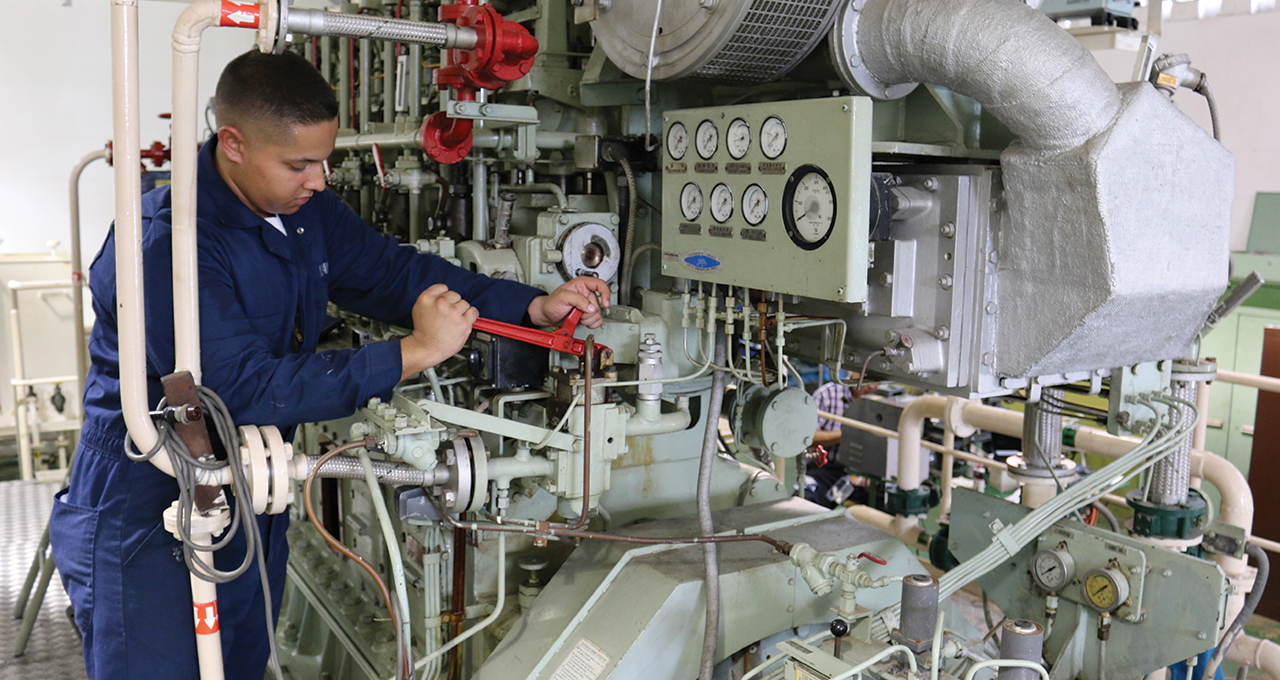
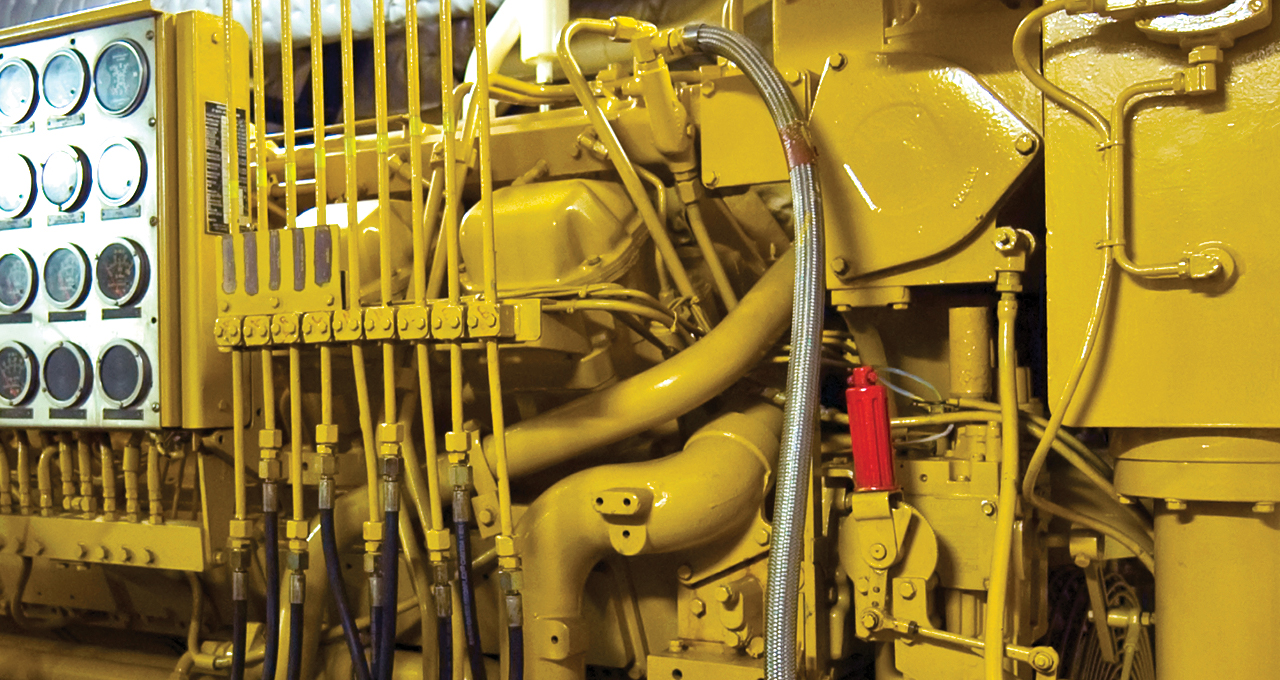
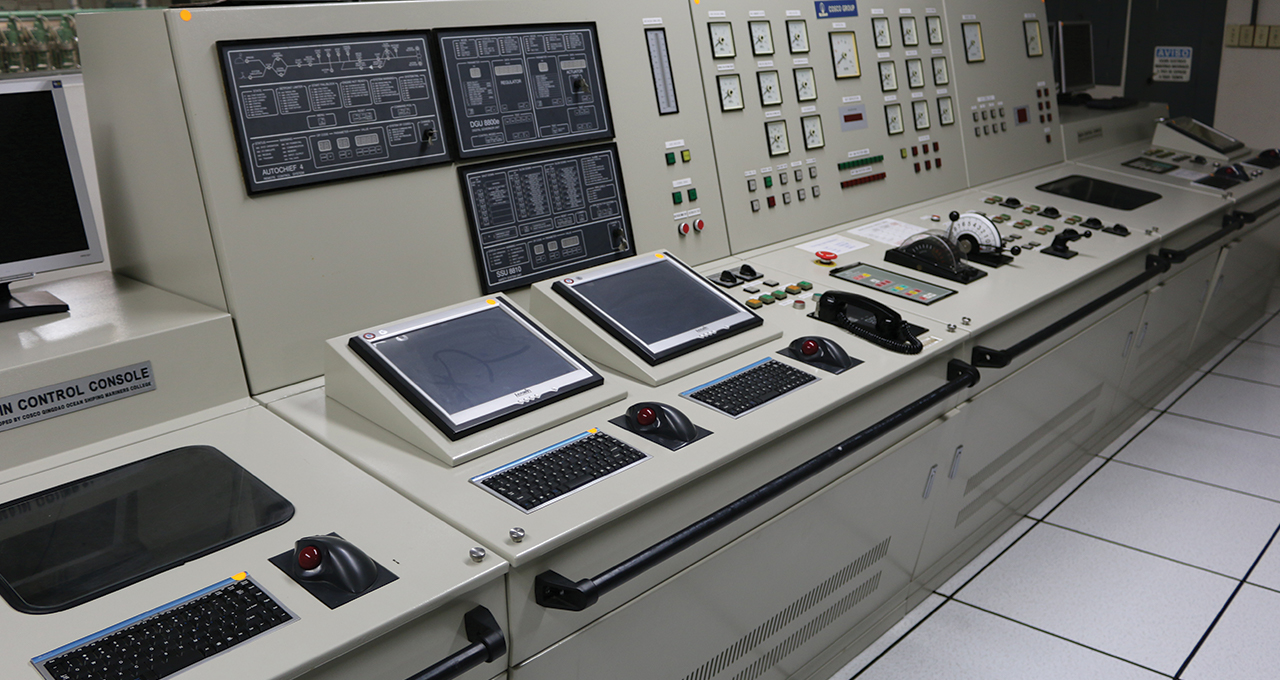
Description
The Bachelor's Degree in Nautical Engineering in Naval Machinery, known as the specialty of Machines, trains professionals capable of operating, repairing and maintaining in perfect state of functionality all the machinery necessary for propulsion of the ship, loading and unloading operations, as well as general services to board, in order to navigate from the ports of production to the ports of consumption and, perform all operation operations of the main machine and auxiliary equipment, comply with international safety standards to safeguard human life at sea, protect the marine environment and prevent pollution.
This Bachelor prepares students for a career as officers of machines on board merchant ships, as well as easily allows them to hold positions of engineers, both operational, administrative and maintenance, in industries related to the production of electricity, naval repairs, among others.
Students receive intensive theoretical and practical education, which includes internal and external combustion engines, electricity, electronics, auxiliary machines, organization, operation of a machine room and automatic control systems, etc.
Additionally, they receive training in machine simulators, which simulate the machine of a fully automated fifth generation Post Panamax; and another that has a main machine and real auxiliary equipment, where the cadets can put into practice all types of maintenance learned in the classroom, in addition to the use of workshops and laboratories, among others.
Objective
Create and model professionals committed to complying with international and national standards on the safety of human life at sea and the protection of the environment, as well as encouraging the development of professionals willing to promote the continuous improvement of their environment with a high degree of social responsibility.
Work Field
This Bachelor prepares students for a career as electrotechnical officers on board of Merchant Ships, as well as, easily allows them to hold positions of engineers, both operational, administrative and maintenance, in industries related to the production of electric power, ship repair yards and ship repair, among others.
STUDY PLANBACHELOR OF NAUTICAL ENGINEERING IN ELECTRICAL TECHNOLOGY
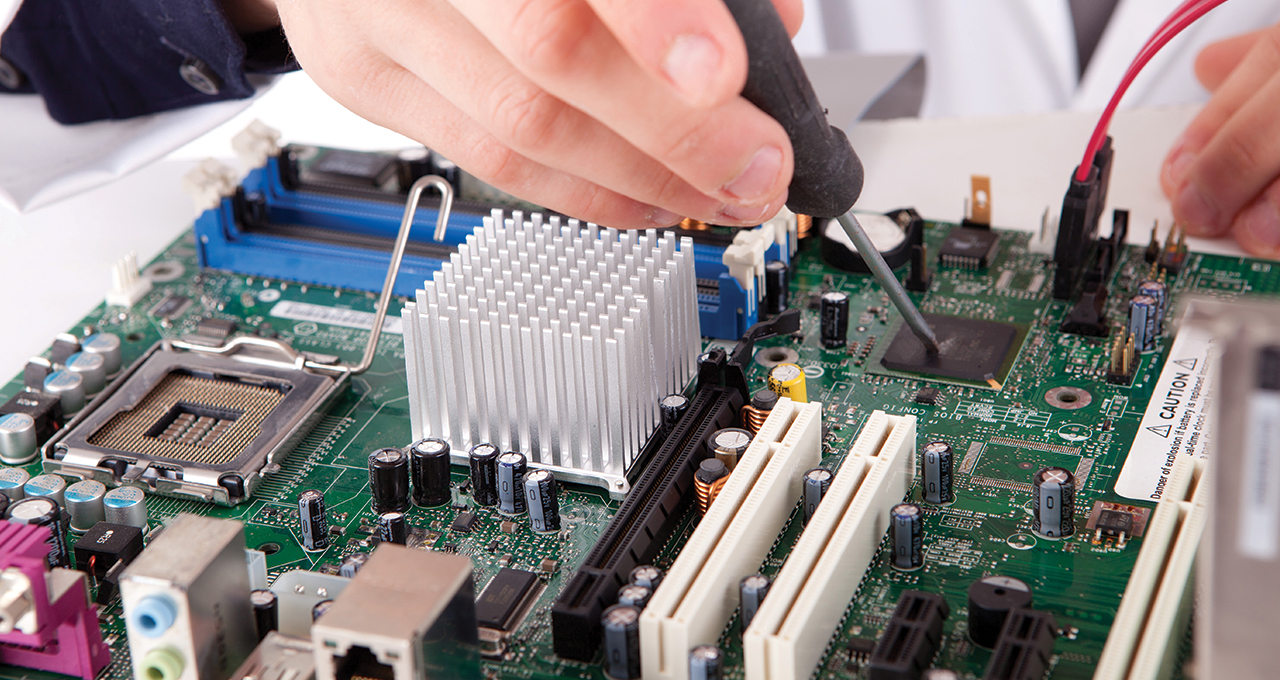
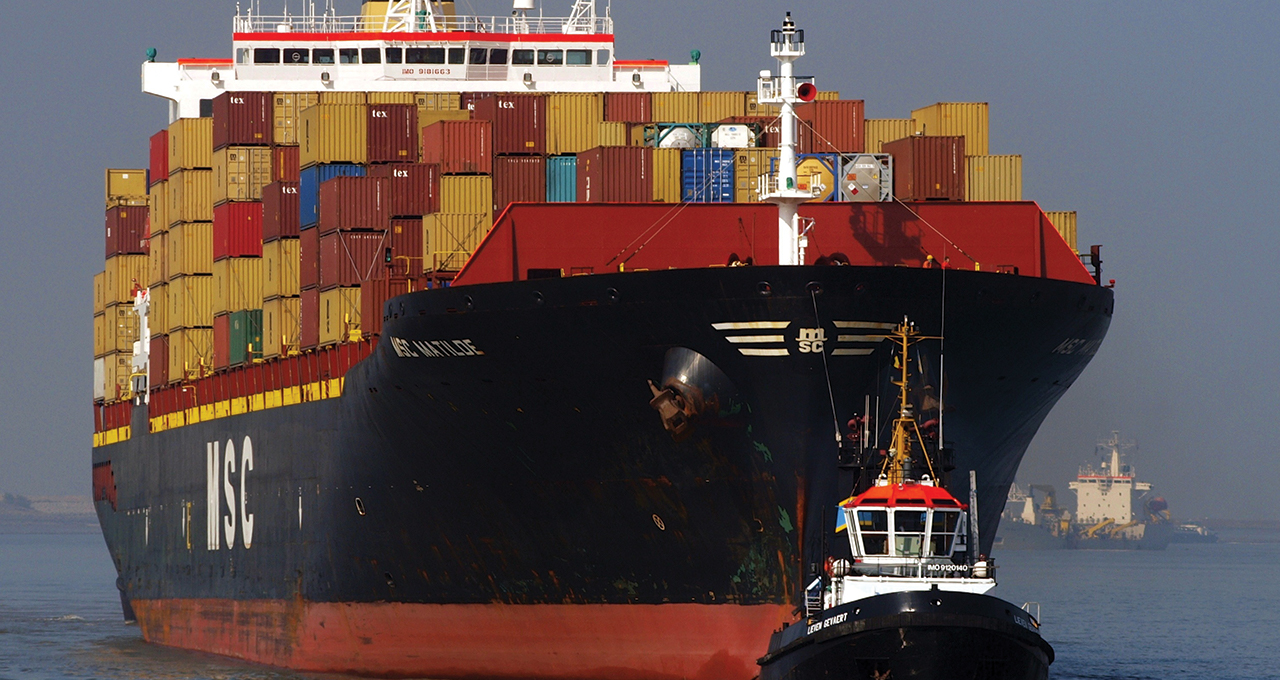
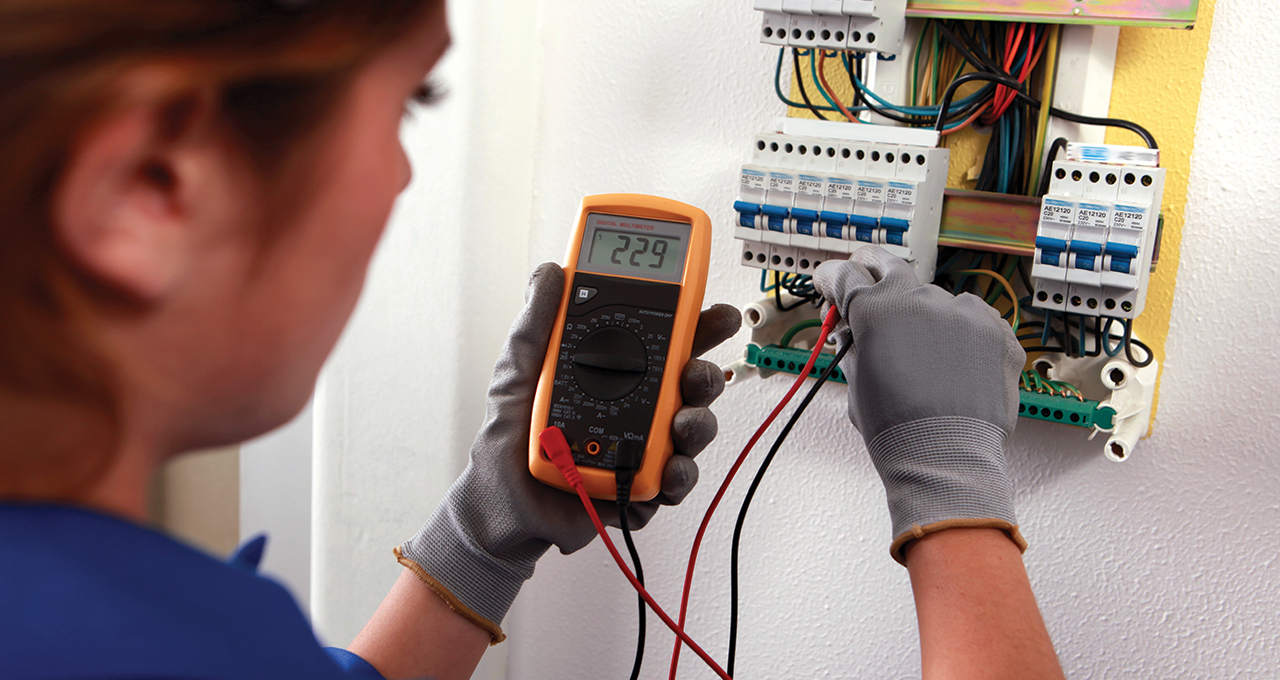
Description
The bachelor's degree in Nautical Engineering in Electrical Technology, trains professionals capable of operating, repairing and maintaining in perfect state of functionality all electrical and electronic systems on board, as well as, communication systems, both internal and external, in order to navigate from the ports of production to the ports of consumption and carry out the loading and unloading operations, which comply with international safety standards to safeguard human life at sea, protect the marine environment and prevent pollution.
This Bachelor prepares students for a career as electrotechnical officers on board of Merchant Ships, as well as, easily allows them to hold positions of engineers, both operational, administrative and maintenance, in industries related to the production of electric power, installation and repair of power plants, among others.
The students receive intensive theoretical and practical education, largely addressed to the electrical and electronic communication field, as well as, to PLC-type automatic control systems, among others.
Additionally, they receive training in two machine simulators; one that simulates the machine of a fully automated fifth generation Post Panamax; and another that has a main machine, real auxiliary equipment, where cadets can put into practice all types of maintenance learned in the classroom, as well as, practices in workshops and laboratories.
Objective
Create and model professionals committed to compliance with international and national standards on the safety of human life at sea and the protection of the environment.
Work Field
This Bachelor prepares students for a career as electrotechnical officers on board of Merchant Ships, as well as, easily allows them to hold positions of engineers, both operational, administrative and maintenance, in industries related to the production of electric power, ship repair yards and ship repair, among others.
The students receive intensive theoretical and practical education, largely addressed to the electrical and electronic communication field, as well as, to PLC-type automatic control systems.
STUDY PLAN
